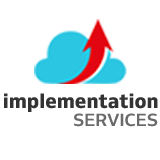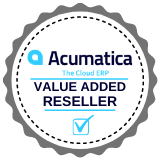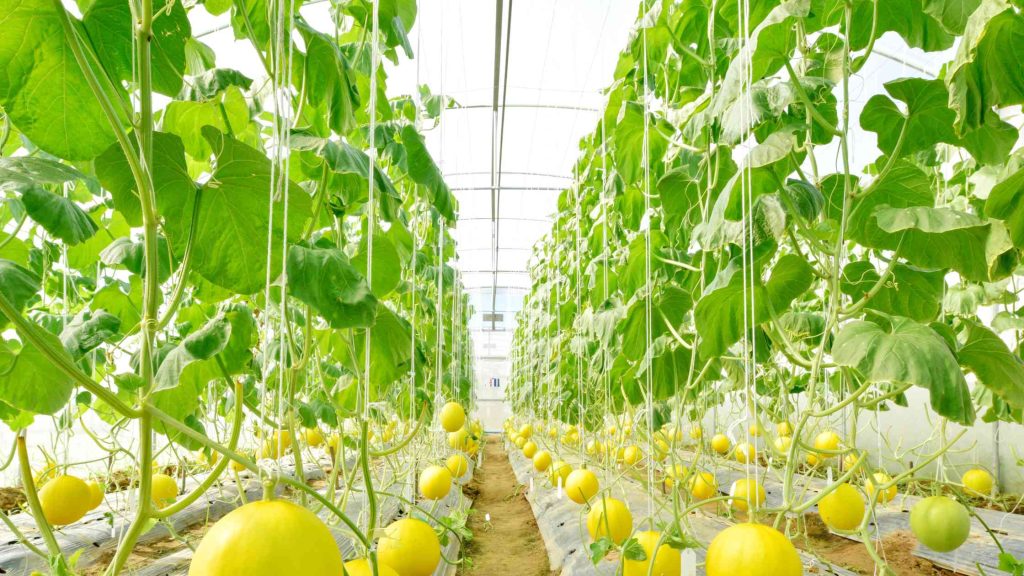Melon farming is a type of agricultural business that involves growing melons for commercial purposes. Melons are a popular fruit consumed worldwide, and they come in different varieties, including watermelon, honeydew, cantaloupe, and muskmelon.
Melon farming can be done on a small or large scale, depending on available resources and the desired output. Farming typically involves selecting the right seeds, preparing the land, planting the roots, and managing the crop through watering, fertilization, pest control, weeding, and harvesting the ripe melons.
Melon farming can be profitable, primarily when proper farming practices are employed. The demand for melons is generally high, and they are often sold in local markets, supermarkets and even exported to other countries.
However, melon farming requires significant time, effort, and resources. Farmers need to have knowledge of farming techniques and be ready to invest in the necessary equipment and infrastructure. It is also crucial to carefully select the right location, as the success of melon farming depends heavily on the soil quality, climate, and access to water.
What are the challenges in the melon farming business
Like any other agricultural business, Melon farming has several challenges that can affect the operation’s success. Some of the common challenges that melon farmers may face include:
Climate and weather conditions:
Melons require specific climate conditions to grow, and any changes in weather patterns can affect their growth and yield. Drought, excessive rainfall, and extreme temperatures can all significantly impact the crop.
Pest and disease management:
Melon plants are prone to attack by various pests and diseases, damaging the crop and reducing its yield. Farmers must implement effective pest and disease management strategies to prevent or control these issues.
Soil quality:
The soil quality is crucial for melon plants’ growth and productivity. Poor soil quality can lead to stunted growth, low yield, and crop failure.
Labor shortages:
Melon farming is a labor-intensive business, and a shortage of skilled labor can affect the productivity of the farm.
Market competition:
The market for melons can be highly competitive, with many farmers vying for the same customers. Farmers must ensure their melons are high quality and priced competitively to remain profitable.
Post-harvest management:
After harvesting, melons are highly perishable, and proper post-harvest management is critical to prevent spoilage and ensure that the melons reach the market in good condition.
Access to finance:
Melon farming requires significant investment in land, equipment, labor, and other resources. Farmers may need help accessing finance to start or expand their operations.
Overall, successful melon farming requires careful planning, effective management, and a deep understanding of the challenges involved in the business.
How Acumatica Cloud ERP is beneficial for the melon farming business
Acumatica Cloud ERP can be helpful for melon farming businesses in several ways:
Real-time data visibility: Acumatica Cloud ERP provides real-time data visibility to help farmers track and monitor critical metrics such as soil moisture, weather conditions, and crop health. This information can help farmers make data-driven decisions to optimize crop yield and quality.
Efficient inventory management: Acumatica Cloud ERP can help melon farmers manage their inventory efficiently by tracking inventory levels and movement. It can help farmers reduce waste, prevent stockouts, and ensure they have the right products at the right time.
Improved financial management: Acumatica Cloud ERP can help melon farmers manage their finances efficiently by providing budgeting, forecasting, and cash flow management tools. It can help farmers make informed decisions about investment, pricing, and other financial matters.
Streamlined supply chain management: Acumatica Cloud ERP can help melon farmers streamline their supply chain management by providing procurement, logistics, and vendor management tools. It can help farmers reduce costs, improve product quality, and enhance customer satisfaction.
Enhanced customer relationship management: Acumatica Cloud ERP can help melon farmers manage their customer relationships more effectively by providing tools for order management, sales forecasting, and customer analytics. It can help farmers identify customer needs, optimize sales, and improve customer retention.
In conclusion, implementing an Enterprise Resource Planning (ERP) system can significantly benefit a farming business. ERP software can streamline various processes involved in farming operations, including inventory management, financial management, and supply chain management. With the help of an ERP system, farmers can better manage their resources, reduce costs, and increase efficiency, leading to better decision-making and increased profitability.
Additionally, ERP systems can provide valuable insights into a farming business’s performance, enabling owners and managers to make data-driven decisions. However, selecting and implementing an ERP system can be a complex and expensive process, and carefully considering a farming business’s specific needs and requirements is essential to ensure a successful implementation. An ERP system can benefit farming businesses, but careful planning and implementation are necessary for success. Acumatica Cloud ERP can help melon farmers streamline operations, optimize resources, and enhance profitability.

Sangeetha brings 20 years of experience in Information Technology which includes Solution architecting, building micro services, research, and evaluation of business applications, integrating apps.
















